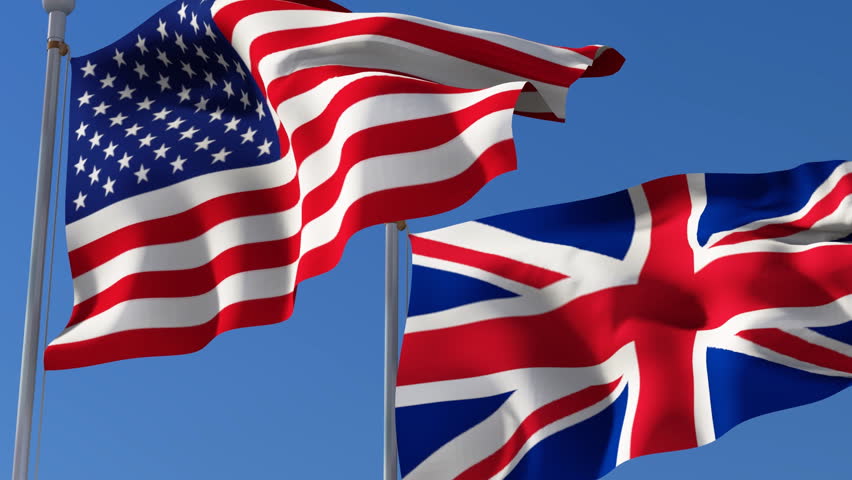There’s been a bit of disbelief amongst the media about Science Minister David Willett’s claim that Stevenage could replace Cape Canaveral in the US at the heart of the global space activity.
Following on from £80mn announced in the Autumn Statement to support the UK’s space efforts, Willetts said:
“We want to bring the great powers together looking now two decades ahead, trying to get a man on Mars as a shared project of the Chinese, the Europeans and the Americans will be very exciting.
…
“We are in a very good position. We have a very nimble and effective space industry, we are trusted partners of America, we are active players in the European space industry, we are now opening up a new relationship with China.”
…
“In the old days it was Cape Canaveral, in the future it will be Stevenage at the heart of the global space effort.”
So while some cynics will question whether Stevenage could ever really compete with the technical advantage of the US or the sheer scale of China’s ambition, the Science Minister knows that the UK space industry, though relatively small, is at the forefront of some truly disruptive space technologies.
The Skylon spaceplane is one such technology that is attempting to change the technology – and the economics – of space flight.
Rather than rely on single-use rockets that propel satellites and the like in to space through three stages, the Skylon is a reusable rocket that gets in to space in one shot.
Willetts has also become rather clever at leveraging the UK’s investment in the European Space Agency (ESA) as a means competing with, and ultimately partnering with the US and China.
It means the UK can benefit from the knowledge of the US and the scale of investment in China to make the UK – and yes Stevenage – the centre of the global space race.





